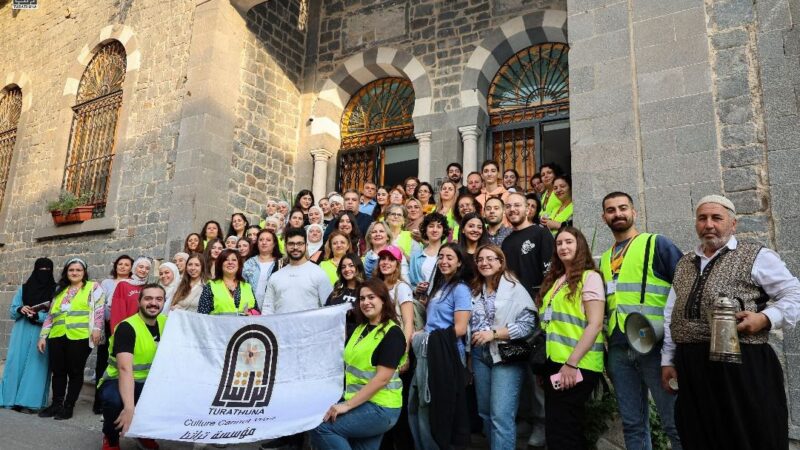
The Ghassania Theatre: restoring community by restoring heritage in Homs
February 3, 2026
INTO is delighted to welcome Dr. Zakiya McKenzie in a dual role supporting the RISE programme and working with the University of Bristol.
A new blog by Dr. Zakiya McKenzie, Programme Manager, RISE and Senior Research Associate, University of Bristol.
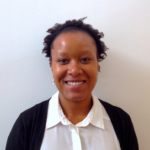
I am Dr. Zakiya McKenzie, and I am delighted to be joining the RISE (Re-imagining International Sites of Enslavement) programme. With a background in creative research and environmental humanities, I take particular interest in the plants and people of the Caribbean region. I’ve spent the last several years exploring how landscapes and legacies of transatlantic slavery intersect with environmental change and cultural memory.
RISE offers a powerful space for connection, bringing together heritage organisations from across the globe to deepen understanding of historic sites and co-create strategies for meaningful storytelling. I aim to support members in developing considered approaches to the past by engaging difficult histories with clarity and care.
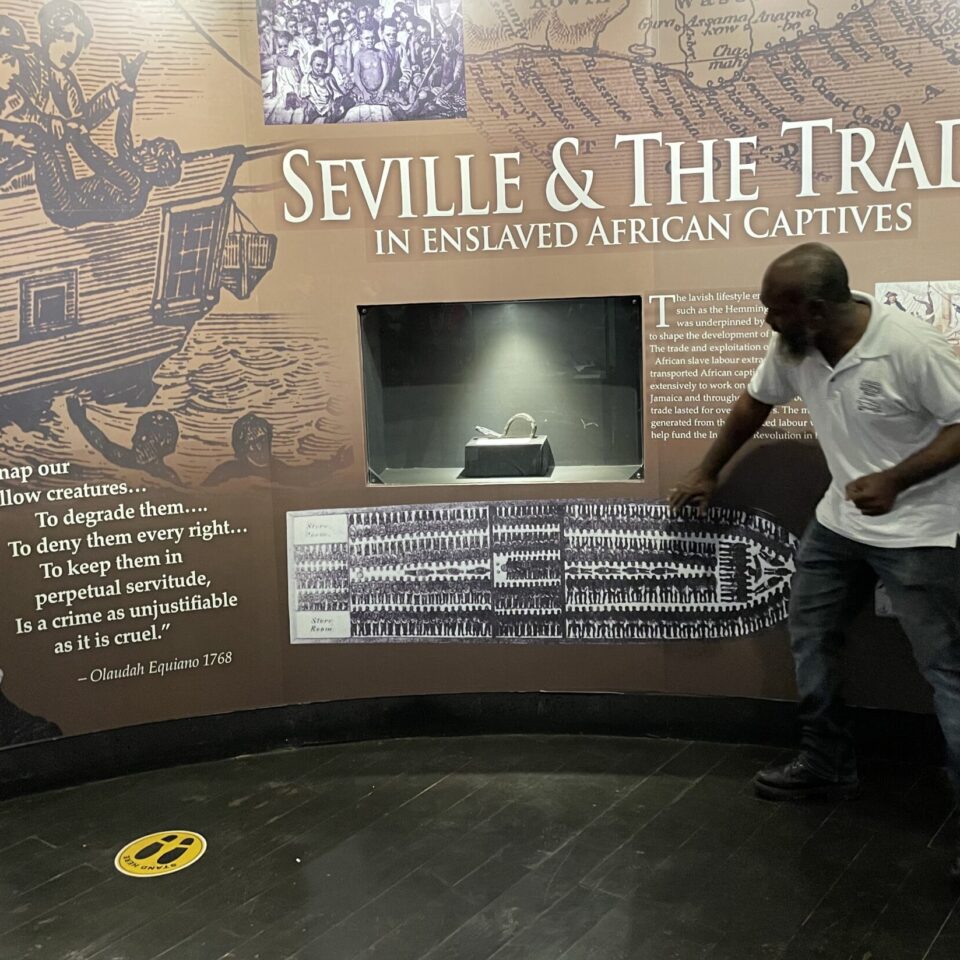
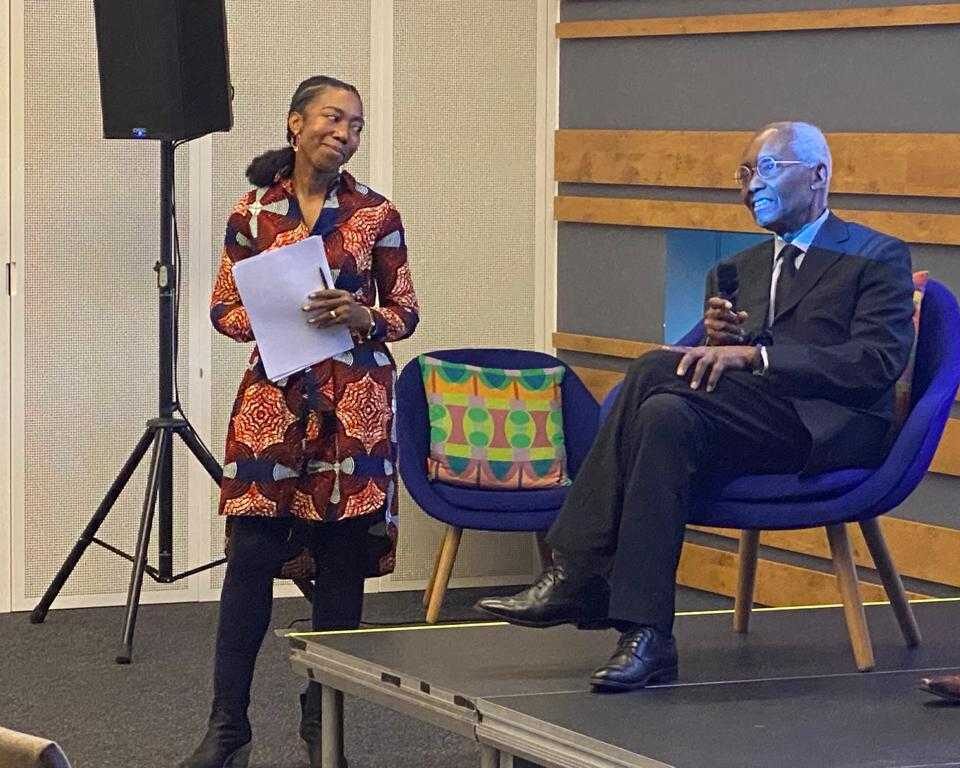
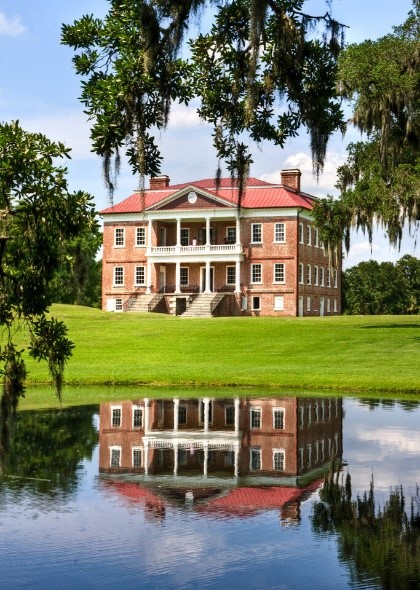
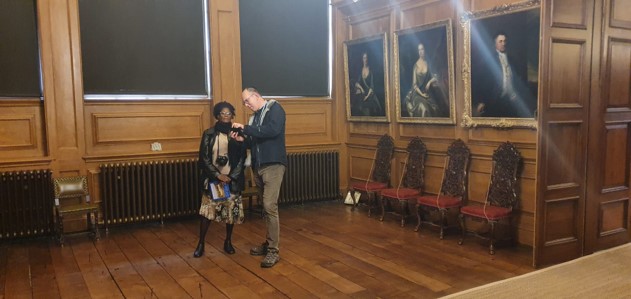
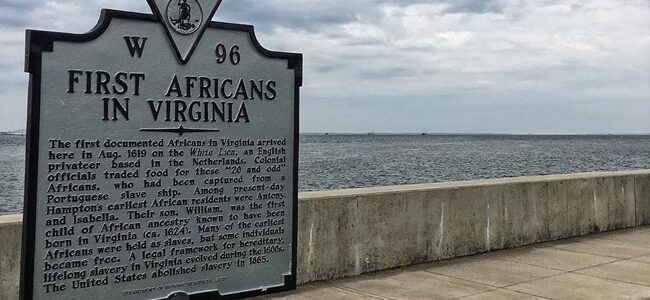
One of the questions guiding my work is: How do we tell stories of enslavement creatively, accurately and ethically? My current focus lies in exploring the environmental history of slavery. What can the Lignum Vitae tree (a national symbol in both the Bahamas and Jamaica) tell us about colonial maritime trends? What do the gardens of sugar estates reveal about how enslaved people cultivated and sustained their own gardens? What rituals of remembrance or resistance have survived in the landscapes of enslavement, and how might we honour them today?
These are the kinds of questions I hope to explore alongside site managers, curators, and community partners across the network. RISE will thus continue to help surface the material and human legacies of transatlantic slavery that might otherwise remain hidden.
Alongside my role with RISE, I am currently Senior Research Associate for the ‘Plants, Enslavement and Public History’ project at the University of Bristol.
This work explores how new narratives can bring life to archival materials related to transatlantic enslavement, especially when traditional records are fragmentary or only told from the perspective of power. This dual role with INTO and the University of Bristol allows for meaningful exchange between academic research and public-facing work.
Insights from the archive can inform how we engage visitors on-site, while the lived realities and needs of organisations help shape more grounded, responsive scholarship. This interplay of theory and practice is where I believe some of the most impactful connections can emerge.
With growing awareness of our shared histories, so too grows our collective responsibility to amplify the stories embedded in our landscapes. RISE supports this by offering space for heritage professionals to exchange ideas and challenges across geographies.
Whether heritage organisations are just beginning to explore their links to enslavement or are already engaging the public, RISE provides the support and shared expertise needed to move that work forward. From developing new interpretation to designing inclusive programming, our working group can help sites realise the full potential of their histories.
This research is funded by a UKRI Future Leaders Fellowship [MR/Y018834/] awarded to Dr Jessica Moody (PI) October 2024-October 2028.
‘Plants, Enslavement and Public History’ aims to develop innovative new public histories of transatlantic enslavement which foreground an ethics of care and a praxis of healing by re-imagining plants, gardens and green outdoor spaces as places of public history, able to communicate and commemorate the past in new ways.
It will explore the historical connections between plants, people and histories of enslavement by foregrounding experiences of enslaved African people and going beyond the traditional focus on labour extraction and wealth generation for enslavers by considering narratives of expertise and agency; food and cooking, community and social connections, growing skills and knowledge, medicinal usage, spiritual, symbolic and gendered connections.

February 3, 2026
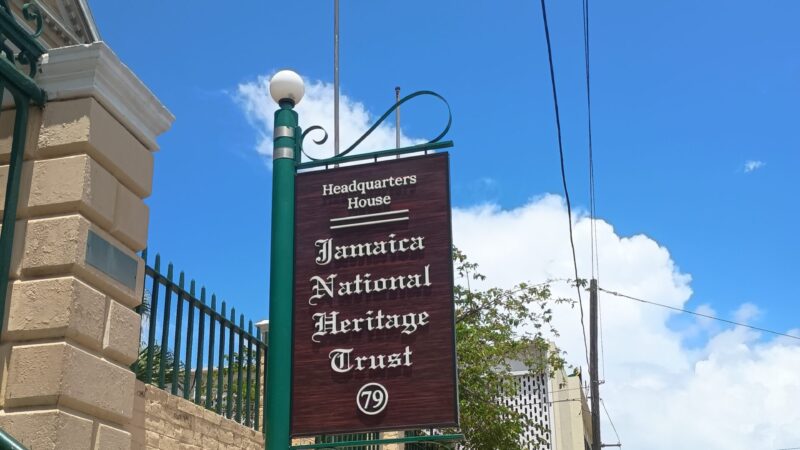
January 14, 2026
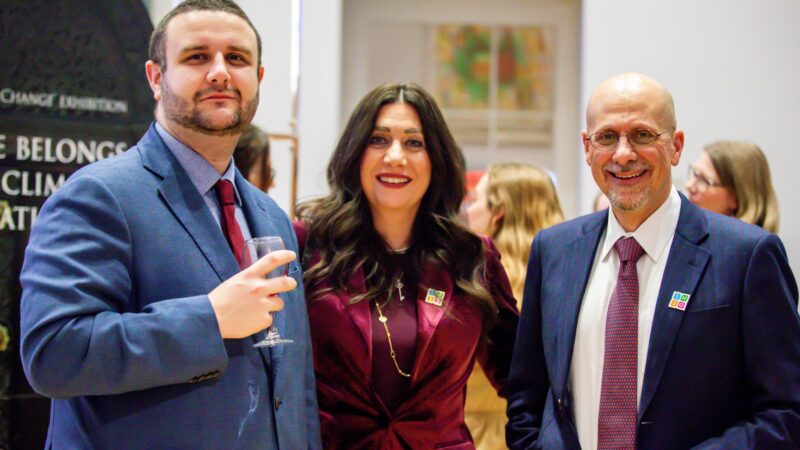
December 17, 2025